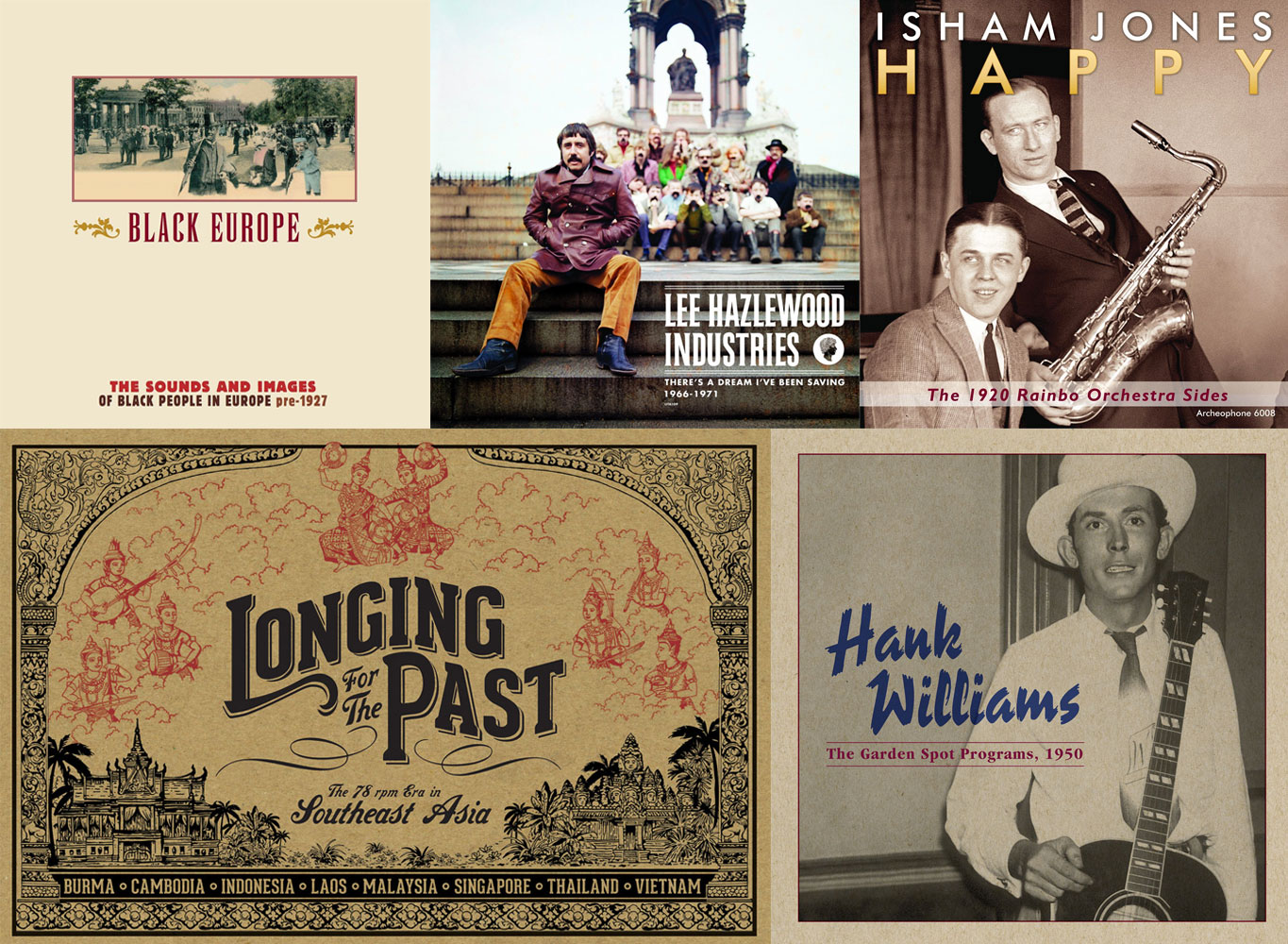There's a movie headed your way soon that you should see. "Don't Think I've Forgotten: Cambodia's Lost Rock & Roll" is a documentary about the music scene in Cambodia during the 1960's. It's a story that sadly few of us know little about, but the film's director John Pirozzi does an excellent job of educating, entertaining and generally taking the viewer back to the heyday of rock music in Phnom Penh. I was fortunate enough to be given the task to restore and master the music for the film's soundtrack that is being released by Dust-to-Digital, May 12th. The music rocks. You should add the album to your collection as soon as possible. Here's the trailer:
The movie made its New York City premiere at the Film Forum immediately followed by a concert at the City Winery featuring some of the surviving Cambodian musicians.
Pretty great, huh? That's Kagnol Mol seated playing guitar, founding member of Cambodia’s first surf guitar band, Baksey Cham Krong.
This is him playing guitar back in the 60's on one of my favorite tracks from the new DTIF soundtrack.










